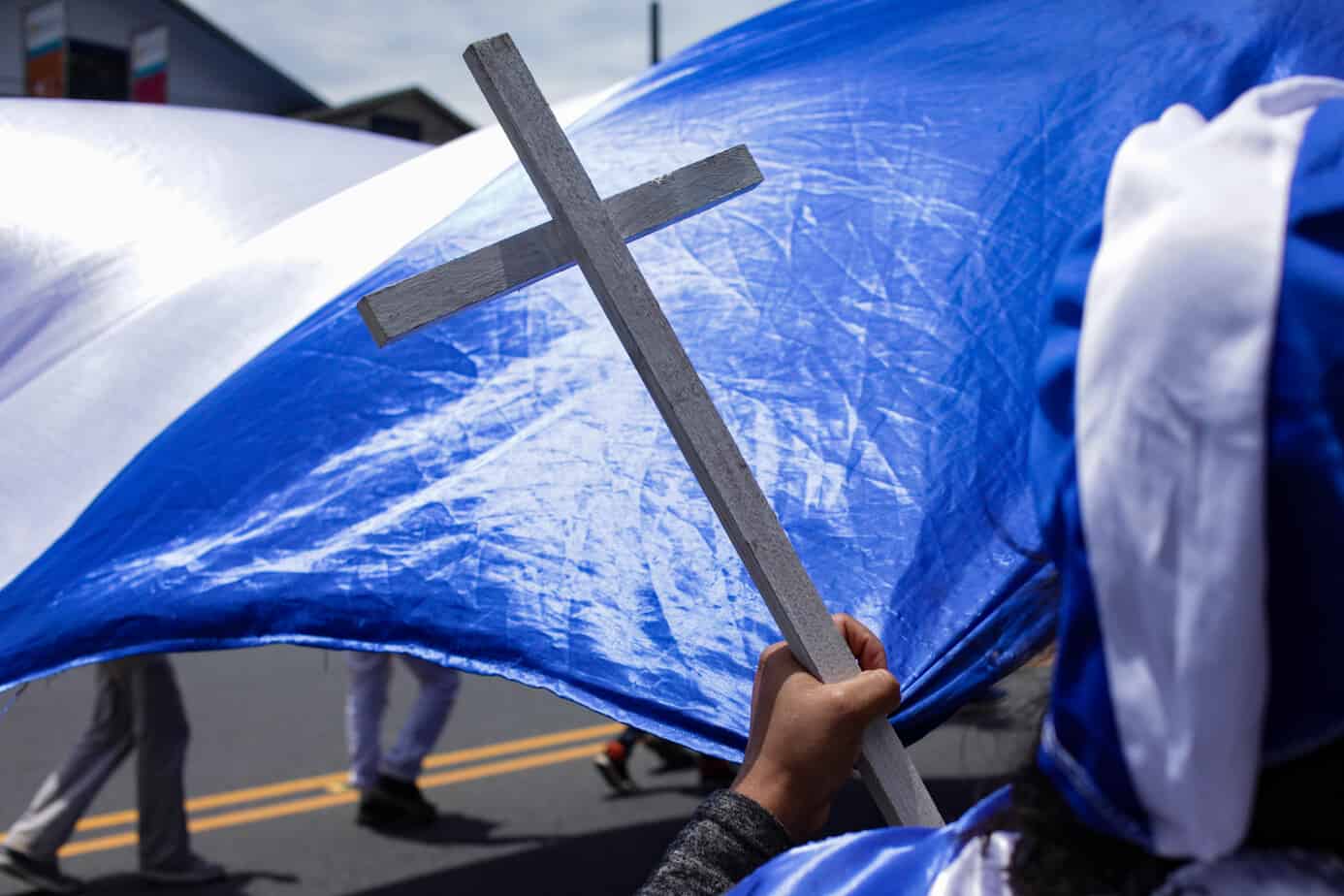Nicaragua is experiencing a repressive wave with extrajudicial executions and actions to intimidate the opponents of the government of the socialist Daniel Ortega, activists and opposition leaders said Friday.
The Nicaraguan Center for Human Rights (CENIDH) revealed in a report the existence of extrajudicial executions in rural areas of people who participated in protests against the Ortega government.
“The most serious and new in this period is the existence of extrajudicial executions that are taking place in the north [of Nicaragua],” said lawyer Vilma Núñez, president of CENIDH, in a report on the human rights situation between July and August .
The document describes the recent months of the crisis in Nicaragua, which began April 2018 when demonstrations against a social security reform resulted in a demand for Ortega’s resignation.
The repression against the demonstrations has left 328 dead and hundreds imprisoned, while 62,500 people left the country, according to the second 2019 CENIDH report.
Meanwhile, the National Union Blue and White (UNAB) accused Ortega’s regime of a wave of persecution against leaders opposed to the country’s president.
Guillermo Incer, leader of the UNAB, told reporters that in the western city of León, men aboard trucks and motorcycles on Friday painted and damaged the homes of at least three dissidents.
Nicaragua’s state of terror
“We are particularly concerned about the selective repression of alliance leaders,” Incer said.
For opposition economist Juan Sebastián Chamorro, these acts “show the state of terror that he wants to implant in those people who oppose the dictatorship.”
According to CENIDH, “a pattern of impunity” prevails in deaths that occur in rural areas, the report says, and warns that violence in the countryside “coincides with the massive presence of paramilitaries and an unusual increase in military troops.”
The agency documented the murder of 17 farmers “who could constitute extrajudicial executions” between last January and August.
All of them were “riddled in bullets.”
The most relevant case mentioned in the report is the murder, in Jinotega (north), of four members of a family named Montenegro, three of whom were refugees on the Honduran side of the Nicaraguan border.
“There is no doubt that these are summary executions, because there was a follow-up of Nicaraguan authorities to invade Honduras,” Núñez said at a press conference.
A summary execution is an execution in which a person is accused of a crime and killed without benefit of a fair trial.
CENIDH also identified as a “new repressive phase” the persecution against opponents who were released last June under a controversial amnesty law, with the aim of intimidating them and getting them to leave the country.
In this persecution, the customs office of Peñas Blancas, on the border with Costa Rica, has become “a place of repression and risk” for opponents, the report said.






